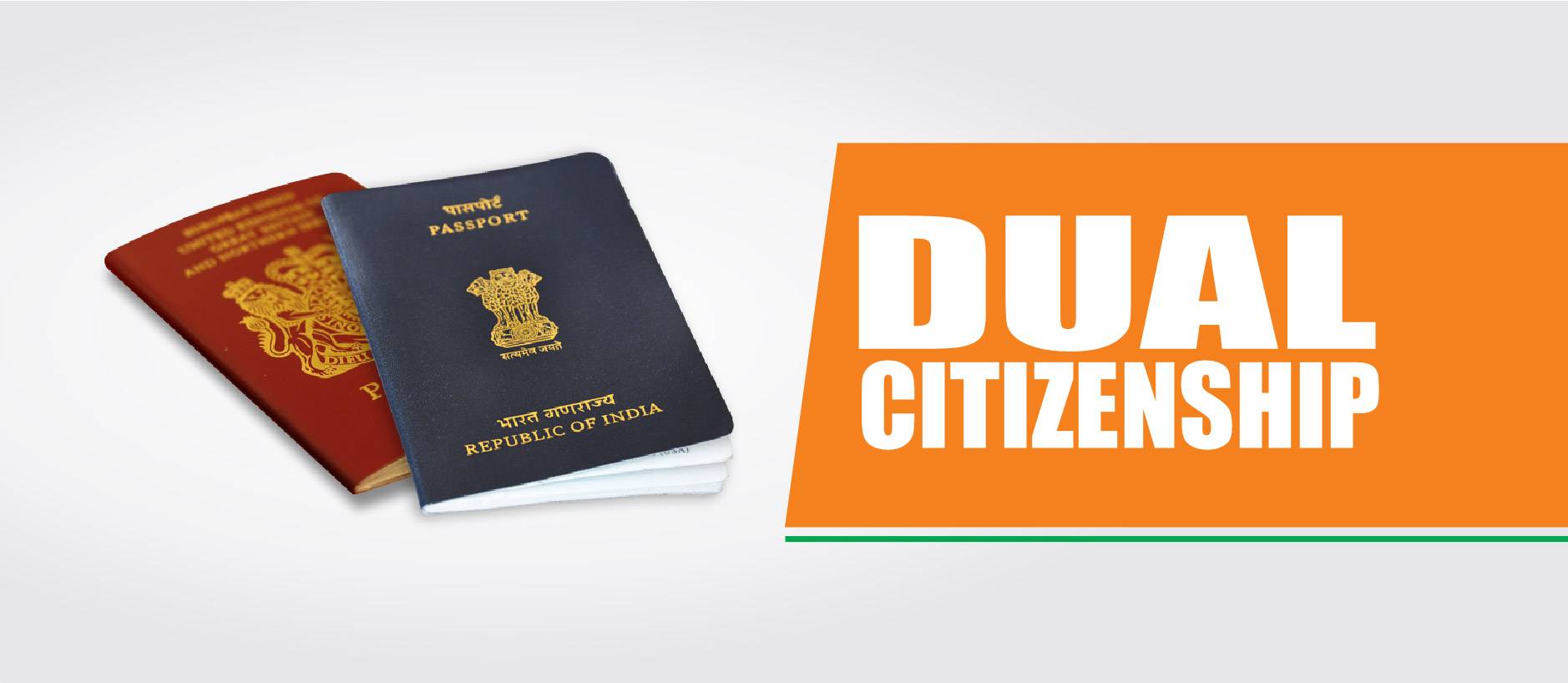Introduction:
Dual nationality, the legal status of an individual being a citizen of two countries simultaneously, has become a contentious issue, sparking debates on the potential ambiguity it introduces within the population of a country. While the concept aims to facilitate global mobility and foster cross-cultural connections, concerns arise about the impact of dual citizenship on national identity, allegiance, and the potential for conflicting interests. This article delves into the nuanced perspectives surrounding dual nationality, examining both its advantages and the challenges it poses for individuals and the societies they call home.
Advantages of Dual Nationality:
1. Global Mobility and Opportunities:
Dual nationality opens doors to increased global mobility and diverse opportunities. Citizens holding dual passports can easily travel between their two countries of citizenship, fostering international cooperation, business ventures, and cultural exchanges.

2. Cultural Enrichment:
Dual citizens often bring a wealth of cultural diversity to their communities. Their unique blend of experiences, languages, and traditions can contribute to a more inclusive and globally aware society.
3. Economic Contributions:
Dual citizens may actively engage in economic activities in both their countries of citizenship, leading to increased investments, entrepreneurship, and economic growth on a transnational scale.
Challenges and Ambiguities:
1. Allegiance and Identity Concerns:
Critics argue that holding dual nationality may dilute an individual’s allegiance to a single nation. The potential for conflicting loyalties and identities raises questions about where one’s true commitments lie in times of national importance or crisis.
2. Legal Complexities:
The legal frameworks governing dual nationality can be intricate and may lead to confusion or legal challenges. Issues such as tax obligations, military service requirements, and the resolution of legal disputes become more complex for dual citizens.
3. Political Participation:
Some argue that dual citizens might face challenges in fully participating in the political life of either country. Concerns about divided loyalties may affect their eligibility for certain political positions or responsibilities.
4. National Security Considerations:
Critics express worries about the potential national security implications of dual citizenship. The fear is that individuals with ties to multiple countries may be more susceptible to influence or manipulation, posing risks to the security interests of their countries.
Mitigating Ambiguity:
1. Clear Legal Frameworks:
Establishing transparent and comprehensive legal frameworks for dual citizenship is essential. These frameworks should address rights, responsibilities, and potential conflicts of interest, providing clarity for individuals and authorities alike.


2. Educational Campaigns:
Public awareness campaigns can play a vital role in dispelling misconceptions and fostering a better understanding of dual citizenship. Emphasizing the benefits of cultural diversity and global connections can help reshape public perceptions.
3. Strategic Policy Measures:
Policymakers should consider implementing strategic measures to balance the advantages and challenges of dual nationality. This may include revisiting citizenship laws, streamlining legal processes, and ensuring that national security concerns are adequately addressed.
Conclusion:
The debate surrounding dual nationality is complex and multifaceted, with both advantages and challenges to consider. Striking a balance between embracing the benefits of global interconnectedness and safeguarding national interests requires thoughtful policy decisions and open public discourse. As countries navigate the evolving landscape of citizenship, addressing the concerns and ambiguities associated with dual nationality becomes crucial for fostering inclusive, secure, and harmonious societies.






